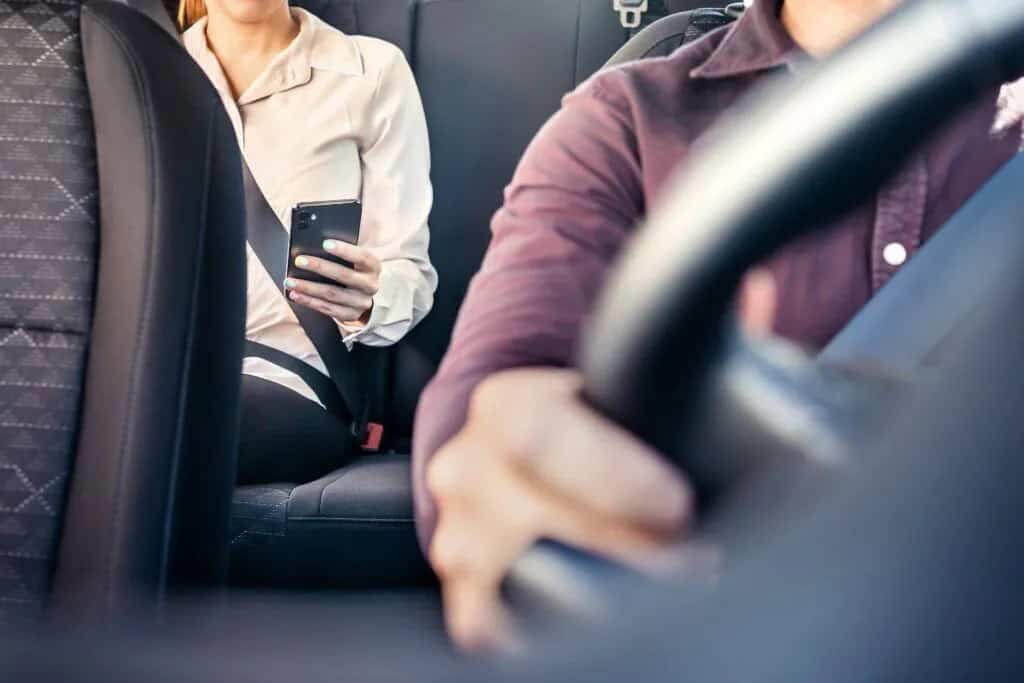
A simple ride in Lyft turns into a nightmare for far too many passengers. Survivors of rideshare assaults face deep physical and emotional wounds, left wondering who will take responsibility. Their stories no longer stay hidden in silence. Courts now hear these cases with serious attention, as victims take action against companies that allowed such harm to unfold.
Lawsuits now demand more than compensation; they require real accountability from those who failed to protect riders. Many survivors now seek the guidance of a Lyft assault lawyer to fight for justice and create lasting change.
In this post, we will learn how victims of rideshare assault can legally hold Lyft accountable for the harm they endured.
Filing a Lawsuit Against Lyft
Victims of rideshare assault start the legal process through a formal lawsuit. The lawsuit identifies Lyft as a responsible party and details the events of the assault. Victims provide records of their rides, police reports, medical documents, and any communications with the rideshare company. The complaint highlights how Lyft’s policies or actions allowed the assault to happen.
This legal filing requests compensation for physical injuries, emotional trauma, and other damages. Victims also use this step to push for broader changes in safety measures within the rideshare platform. Once filed, the court sets a schedule for the case to move forward.
Proving Negligence or Fault
Victims focus their case on showing negligence or fault. They present evidence that Lyft failed to screen drivers properly or ignored reports about unsafe behavior. This includes internal documents, safety audits, and testimony from former employees or industry experts.
Victims also show how the company’s practices created an unsafe environment. This may involve examining Lyft’s response time to complaints, lack of safety features, or weak driver background checks. The goal here is to demonstrate that the assault resulted from actions or failures within the company’s control.
Holding Lyft Liable Through Legal Theories
Several legal theories allow victims to hold Lyft accountable. One approach involves showing that the company acted negligently in hiring or retaining drivers. If Lyft allowed a driver with a history of misconduct to stay on the platform, courts would view this as a serious violation of duty.
Another theory centers on failure to warn, where victims show that Lyft knew about risks but failed to inform passengers or implement proper safety alerts. Some lawsuits also focus on product liability claims, treating the app itself as a defective product if it lacks adequate security measures.
Each legal theory strengthens the liability case and increases the chances of a favorable outcome. Victims carefully select the approach that fits their situation and evidence.
Seeking Damages and Remedies
Victims seek compensation for medical bills, therapy, lost income, and emotional suffering. Courts review these damages based on evidence and expert testimony. In many cases, victims also request punitive damages. These serve as punishment for the company and aim to discourage future misconduct.
Some lawsuits push for non-monetary remedies. These may include stronger background checks, mandatory safety features, or improved response protocols for future incidents. Courts sometimes approve these requests when they believe they will protect future passengers.
Victims of rideshare assault hold Lyft accountable through clear legal steps. They file lawsuits, present evidence of negligence, and pursue damages for their suffering. Courts now treat these cases with the seriousness they deserve, forcing companies to answer for their actions.